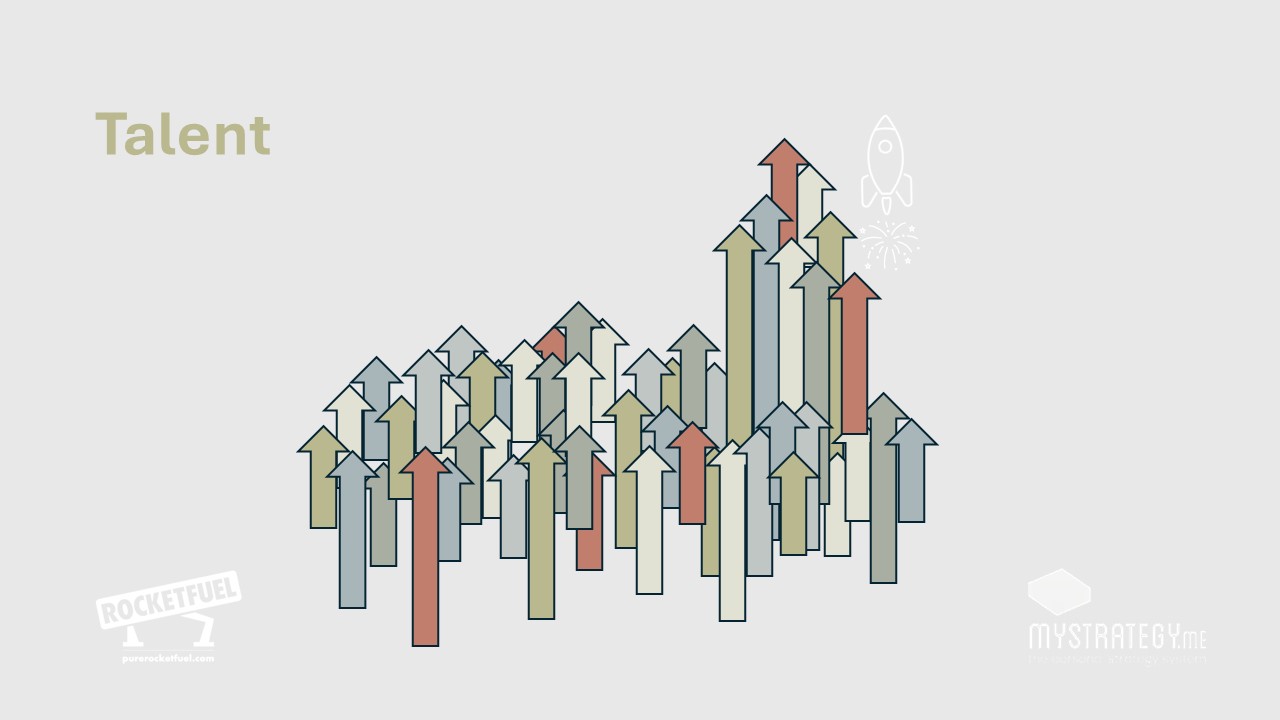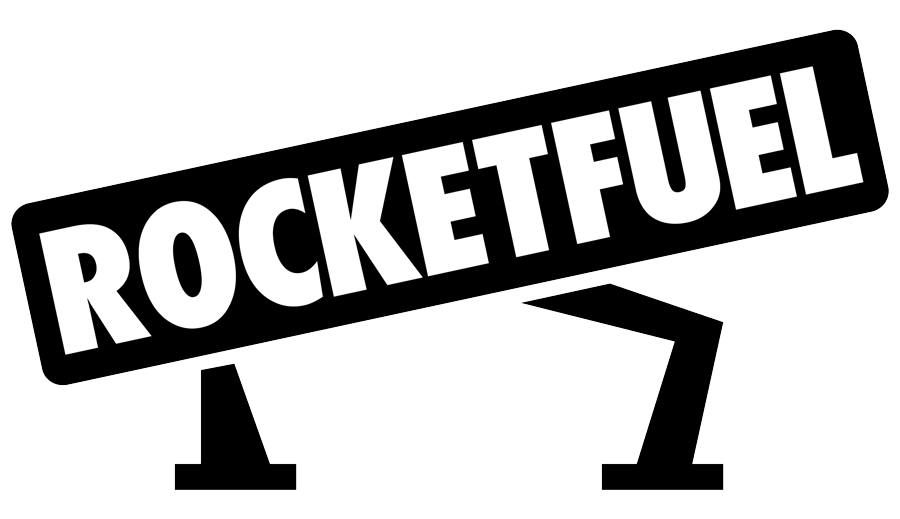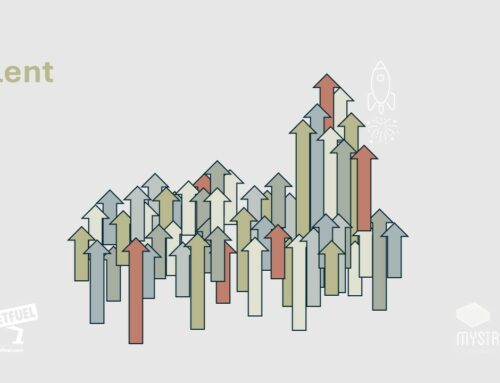
Workplace empowerment is a journey, not an entitlement, reminds Leadership & Performance Coach, Davina Greene.
Empowerment is a lovely concept that seems to be losing its way. I continuously see the word pinned, in all its glory, on the walls of businesses – a bold promise intended to inspire and bring commitment. That said, it’s rare anyone can give me a confident overview of its definition and its boundaries within those four walls.
What gives us power? Well, money and weapons, if you want to be pretty basic about it. Point a gun at me or hand me millions, and there’s certainly a chance that you’re increasing the likelihood that I’ll do something for you. Alternatively, high levels of expertise or charisma, if you want to drop it down to a more human level.
How Do We Seek Empowerment in the Workplace?
A definition of empowerment is: the process of becoming stronger and more confident, especially in controlling one’s life and claiming one’s rights. I think it’s somewhere in the “rights” area that we lose our way, with a tone of entitlement, ego, and “My rights are more important than your rights” often distracting from the mission’s true intent.
In the workplace, how can we empower ourselves? Lots of ways: through authority, opportunity, motivation, performance and visible commitment. At an organizational level, the removal of bottlenecks and of Barriers To Doing Business are intensely meaningful steps in loosening up the business to contribution from, and potential successes of, its employees – real, practical empowerment.
How, instead, do we often seek to empower ourselves? By demanding titles that overestimate our abilities, unrealistic salaries, or responsibilities we’re not ready for; by dumping work on our teams, causing stress and resentment sold as Delegation. Even by seeking artificial empowerment – the proud “My employer gives me time each week for Creative Thinking”. Hmm. How many market-beating ideas did you come up with? None? Maybe you should consider that “ideas” is not where you’re going to find your power, then.
Poor organizational structure is empowerment of sorts, causing freedoms and accesses that others might advise against, with Management and Leadership labels being assigned to the highest bidder (read: loudest shouter, or longest-term seat-occupier). And let’s not forget the great debate around Quotas; the general societal sense of countable empowerment of women versus the “She’s only in that role because of quotas” whispers. Who wins? Who knows?
This is why it is vitally important that every organization has a strong, sensible Talent policy, that people can understand and align themselves with.
What Impacts Empowerment in the Workplace?
Empowerment in the workplace is a complex thing – it means offering ownership, communicating, designing guidelines and boundaries, coaching, growth, and ongoing support and trust. To empower does not mean to ‘always give’, ‘always agree’, or ‘always tell somebody they’re wonderful’. You can be empowered hugely by mere information. That information could be “That thing you’re about to do is really stupid and could ruin your reputation”. The ability to make a consequent correction becomes the empowerment. This is why Performance Management, coaching and a continuous feedback loop are so vitally important. These processes, however, can combine to confuse the person who things that Empowerment is built solely on Praise.
I always refer back to my own Leadership Coaching model, and check progress against the steps illustrated:

Leadership Coaching Model
If you empower me to run a team, I need the Self-knowledge, and Interpersonal knowledge, to adapt, and the Acumen and Perspective to handle all incidents that may arise. If you empower me to rise through the business by opening up pathways, you should expect me to meet you part-way by using some of my salary to develop myself. If I won’t, why am I asking to be a Manager? Again, “giving” is not empowerment. Working in partnership, give-and-take, is what will bring the learning and trust required.
How do you get good, smart, balanced, confident people making good decisions and taking positive action? Empower people to know themselves and make better decisions about how to treat both themselves, others, and the business at hand. Through information, questioning and feedback, empower people with perspective. The combination is rocket fuel.
Positive power comes from knowledge, experience, influence and resulting trust. Be seen to listen and grow, and these will follow.
Interested in investing in your own personal – and personal strategy – development? Check out www.MyStrategy.me!
Share This!
About the Author



